"It's time for the former chancellor to explain certain things"
Merkel has condemned Russia's military operation, but says she remains committed to her 2008 decision to block Ukraine's NATO membership.
Monday, 11.04.2022.
09:35
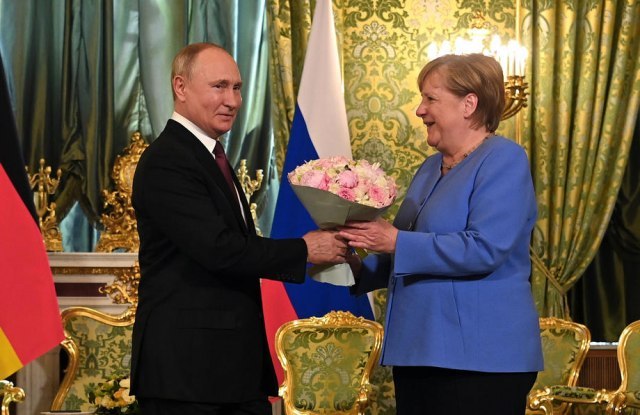
"It's time for the former chancellor to explain certain things"
Angela Merkel's reputation has been damaged in Germany in recent weeks, writes the Telegraph. "After the invasion of Ukraine, former ministers who served in her tenure, in turn, renounce its foreign policy," the paper writes."I never thought in my life that we would enter into such a crisis with Russia," said Wolfgang Schäuble, a former finance minister during Merkel's term.
"I agreed we had to work with Russia. Today I know: I was wrong, we were all wrong."
"We are faced with bitter knowledge," said German President Frank-Walter Steinmeier, who was foreign minister under Angela Merkel. "We stuck to built bridges that Russia no longer believed in and that our partners warned us about. I was wrong, but I was not the only one," he said.
Still, the woman at the center of all these developments was defiant. Merkel made a brief statement condemning the invasion of Ukraine, but said she "stands by her 2008 decision" to block Ukraine's NATO membership. Besides, she said nothing more, leaving Germany to consider her legacy only a few months after she retired as one of the greatest chancellors in German history.
"Merkel's toxic legacy will occupy this country for a long time to come," thundered Alexander Marguerre, editor of the conservative magazine Cicero and longtime critic of Angela Merkel.
Asked whether Merkel had totally misunderstood Vladimir Putin during her 16 years in power, the deputy head of the Bundestag from the ranks of the CDU, Johan Vandelpoel, said that it was time for the former chancellor to explain some things. "I hope that Angela Merkel will soon find the time and opportunity to comment in more detail on her policy towards Russia," Vandelpoel said.
The war in Ukraine did not completely nullify her legacy, but shed an unpleasant light on those parts of her rule that most Germans would rather forget. The achievements for which she was celebrated only a few months ago are still intact.
It has turned the sick German economy into the economic power of today. It has led the European Union through the crisis of the introduction of the euro and Brexit, and the bloc has remained united. But the Ukrainian war shed light on less successful areas of her legacy.
The former chancellor was so popular that Olaf Scholz ran as her successor despite coming from a rival party. He even took her famous pose as his trademark. But in a few days after the Russian operation in Ukraine, he annulled many of her important decisions.
The Nord Stream 2 gas pipeline project was abandoned, as well as the entire energy policy due to which Germany was dependent on Russian gas. He also announced a new large investment in Germany's defense of as much as 100 billion euros and promised that Germany would finally meet NATO's military spending targets. German allies have constantly warned of the dangers of over-dependence on Russian gas and the impossibility of defending such great domination.
But the criticism did not come only from the allies. Wolfgang Schäuble, a former finance minister under Angela Merkel, tried to point out that "he never hid his opposition to the Nord Stream", and the German Greens were strongly opposed to that.
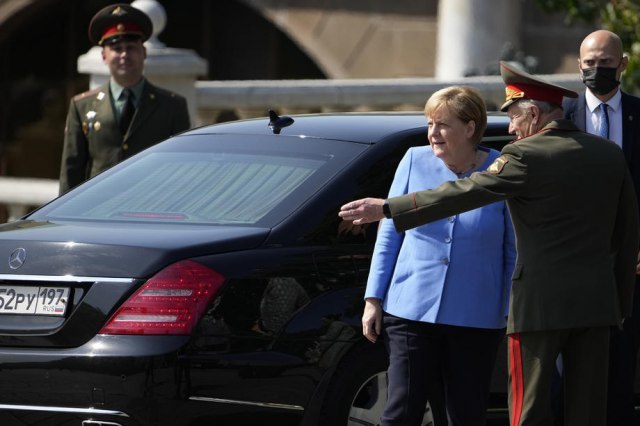
So far, Merkel has not said anything about military spending or Russian gas, and it seems that history will probably assess her policy as wrong in both cases. It is obvious that the only issue on which she decided to speak out and defend herself is her decision to oppose Ukraine's membership in NATO in 2008.
The third principle of her policy, which has come under criticism in recent weeks, is her appeasement of Putin, which is why one of her former ministers defended her.
"If you say that we misjudged this man's aggression, then I agree with you. But that does not mean that the whole policy in the past 20 years has been wrong," said Thomas de Maizière, the interior minister during Angela Merkel's term.
"At that time, people used to say that Merkel was too harsh towards Putin and the Russians. Compared to France or Italy, for example, she talked to Putin much harsher."
During most of her time at the helm of Germany, Merkel was one of Putin's main interlocutors from the West. She was never afraid to face the Russian President, and once they even discussed Ukraine all night.
However, she had to play with the cards she received. The annexation of Crimea in 2014 was immediately condemned by the West, but there was not much will to confront Putin directly.
If Merkel spent hours looking for a common language with Putin, she did so with the consent of her Western counterparts. Her perception as a conciliator dates back to the time when she spoke with then-US President George W. Bush in 2008, who proposed that Ukraine and Georgia join NATO. Putin opposed the alliance's plans to reach, as he sees it, the Russian yard.
With the support of the then French President Nicolas Sarkozy, Merkel said that the admission of those countries to NATO would cause destabilization in the region.
The fact that Merkel is still defending that decision, means that she also belongs to the circle of those who believe that the expansion of NATO to the Russian border has contributed to the current crisis. We will never know what would have happened if Merkel had not intervened then. But it is not certain that without it, Ukraine would become a full member of NATO, which proves the current reluctance of the alliance to intervene.
"I invite Ms. Merkel and Mr. Sarkozy to visit Bucha and see what 14 years of concessions to Russia have led to," Ukrainian President Volodymyr Zelensky said this week.
"They thought that by rejecting Ukraine, they would calm down Russia, convince it to respect our country and live with us normally."










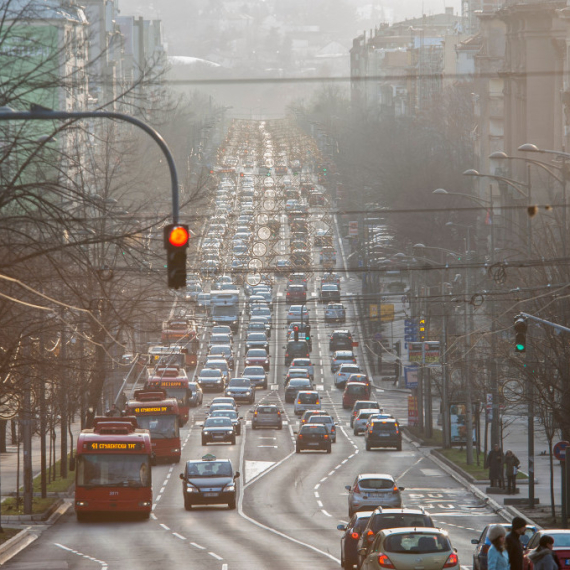
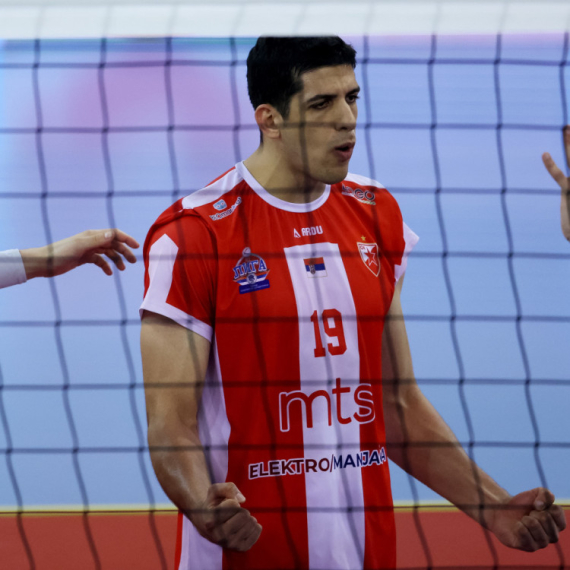

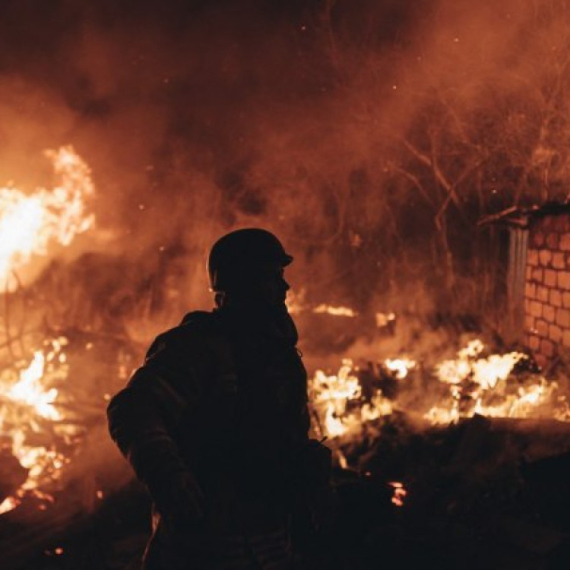
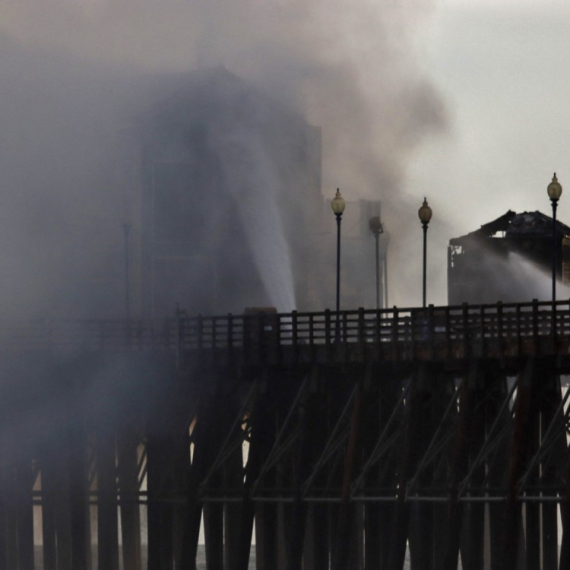































Komentari 5
Pogledaj komentare